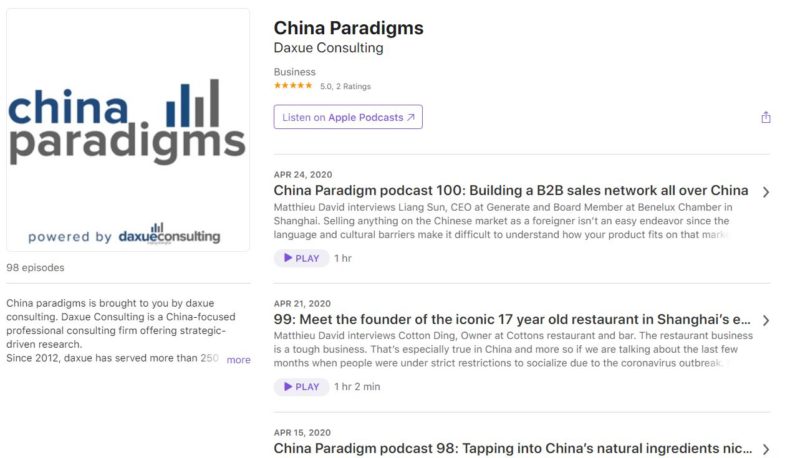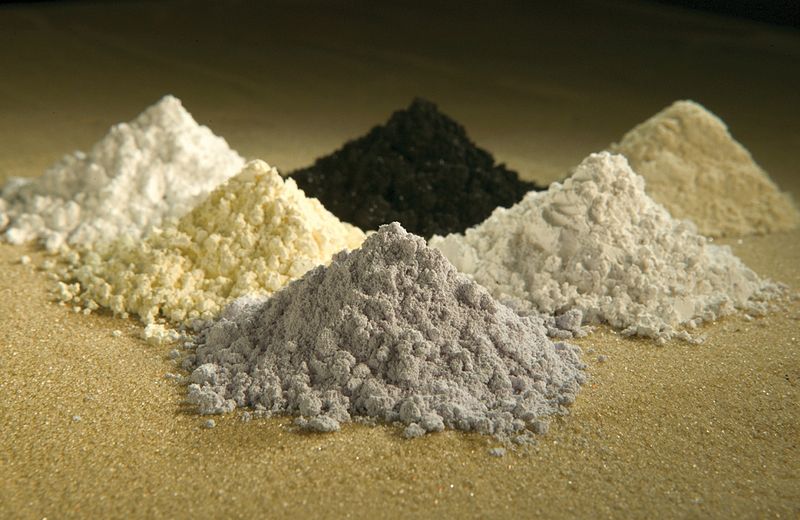During the 20th century, the main strategic resource was oil. This resource was at the center of international conflicts and tensions at the time. In the future, rare earths minerals will become crucial. These minerals are at the origin of many products essential in our consumption such as green technology and batteries. Today, China produces most of the world’s rare earth minerals; which therefore gives the country a strategic position. The question is, to what extent will the monopoly on rare earth minerals in China shape future geopolitics?
What are rare earth minerals?
Rare earth minerals or rare earth elements (REE) are a group of 17 minerals that share similar chemical features in the periodic table plus yttrium and scandium. They are considered ‘rare’ not due to lack of supply in the earth’s crust, but rather because extracting, refining and processing them requires tremendous effort and investment. They are used to make multiple high-tech commercial products like hybrid electric motors and hybrid batteries, computer hard drives, mobile phones and camera lenses, portable x-ray units, stadium lights, flat-screen TVs, energy-efficient light bulbs, fiber optics, glass additives etc. These resources are everywhere in our daily use and most of them are from China.
Rare earth minerals, a Chinese monopoly
Today, the production is mainly concentrated in the country. Although China has 30% of the global deposit of rare earth minerals, China attributes 90% of the output. Not only being the top producer in the world, China is also the top user, roughly 70% of global mined production is consumed by China’s downstream industries. For instance, about 75% of global production of neodymium-iron-boron permanent magnets is demanded by domestic industries. Chinese car brands like Byton and all the automotive industry could benefit from this monopoly.
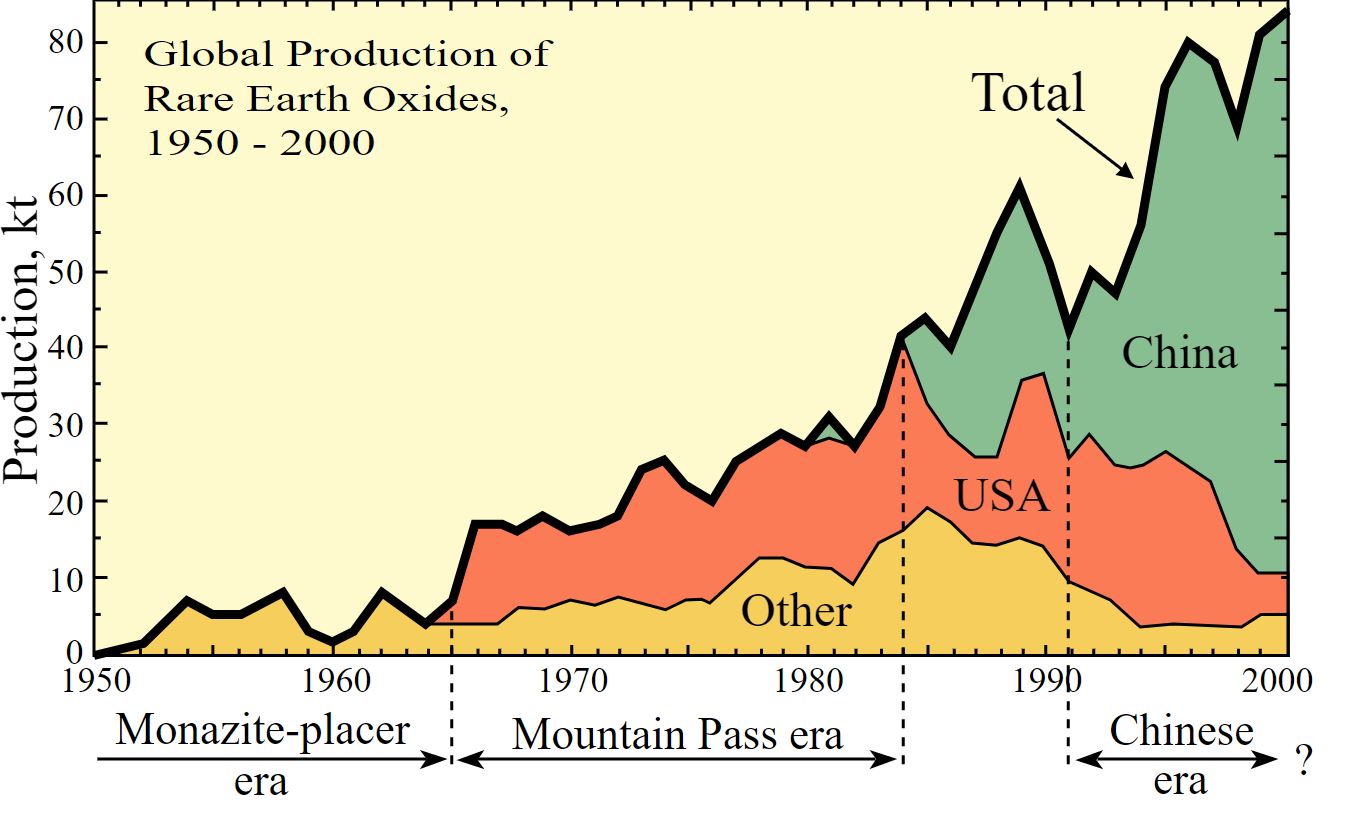
Source: USGS – The evolution of the production of rare earth minerals
Imposed limits on exports of rare earth minerals in China
In 2009, China started to limit exports of these minerals to build up domestic manufacturers to keep more of the profits that would otherwise go to Western and Japanese producers of mobile phone batteries and other products. The restrictive export quotas on rare earth minerals in China made global technology producers concerned about insufficient supply. Hence they tried to reopen or develop new mines in the United States and other regions. Also, Japan and some other countries now recycle rare earth materials.
WTO regulation against rare earth minerals in China
Some countries leaders fear the Chinese monopoly over rare earth minerals, so they attempt to regulate the situation. In March 2012, the European Union, Japan and the United States submitted a complaint to the World Trade Organization regarding rare earth quotas. China started implementing export quotas in 2005. The purpose is first and foremost national: “to protect its natural resources and ensure a sustainable economic development”. Prices increased from 2010 as well as for terbium, a mineral which price increased nine times in a few months. It was the first trial trying to regulate the Chinese monopoly, the country lost the appeal.
An asset for Chinese diplomacy
The important amount of rare earth minerals in China gives the country a strategic advantage in its diplomatic negotiations. For example, the resource was leveraged during the diplomatic tensions with Japan in 2010.
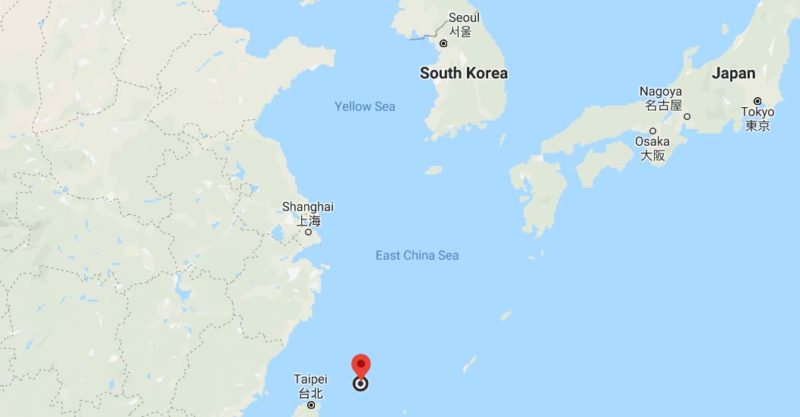
Source: Google maps – The Diaoyu or Senkaku islands
The Diaoyu Islands (Senkaku in Japanese) are maritime areas disputed by both countries. On these islands, Japan captured the captain of a Chinese trawler. This event increased diplomatic tensions and lead to the embargo of rare earth minerals against Japan. China sold just 30% of rare earth minerals to Japan compared to the previous year. This embargo seriously affected the Japanese technology industry which depends on the supply of rare earths minerals from China. The country keeps a strong advantage over rare earths because it takes an average of 25 years to construct a functional mine.
Is the advantage of Rare earth minerals in China overestimated?
Perhaps the advantage that rare earth minerals brings to the country is overestimated. First, rare earth minerals are, ironically, not that rare. In fact, there are several mines around the world: such as in mountain passes in California, in Australia and Vietnam. Second, a rare earth minerals embargo for diplomatic reasons would have terrible consequences for Chinese companies. There would also be retaliations from other countries that are victims of the embargo. Hence, the economic cost is too significant.
Moreover, the use of rare earths as a diplomatic weapon goes against China’s long-term strategy. The country wants to upmarket in its production and focus more on high technology. An embargo on rare earths would lead to an increase in the world price of these minerals and would therefore ultimately be negative for Chinese technology companies, which could see the price of their subcontractors and the entire production chain increased. Also, if the price goes up, some mines would be tempted to re-open again as there will be opportunities for investors.
Mining rare earth minerals is a significant source of pollution
It is difficult to reverse the damage done by extracting rare earth minerals. Yet they are necessary to produce all electric vehicles, which are the poster-child of anti-pollution. The extraction of rare earth minerals in China pollutes and produces toxic waste. In Inner Mongolia, villages near the Baotou mine have levels of radioactivity 32 times higher than average. Whereas, at Chernobyl, the measured radioactivity is only 14 times higher than normal.
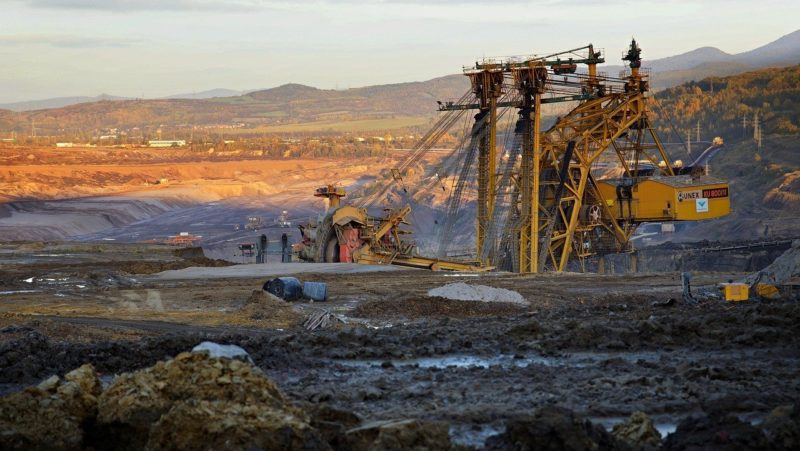
Source: Pixabay – The Baotou mine in China
Western countries have stopped the mining of rare earth minerals under environmental constraints. In 1998, the United States was forced to close the open pit mine at Mountain Pass, California, after thousands of liters of radioactive water were accidentally released into the environment. In addition, many countries refuse to allow this type of mine to be built on their territory. Even though in the past several countries produced rare earths, they all stopped because of the danger for the environment. It is difficult to reopen such mines in countries today, public opinion would be against it. This reinforces the undisputed Chinese monopoly for these resources.
China’s rare earth materials shapes our lives in more ways than we know
In conclusion, rare earth minerals are becoming significant components of our lives. They are the source of materials for smartphones, new energy vehicles, and can be found in all the high-tech objects of our daily lives. China concentrates the production of these rare earth minerals and has a strategic advantage. Countries that produce manufactured goods have become dependent on China’s rare earth material exports. This advantage should be balanced, as mining is very harmful to the environment. Moreover, even if it could be a geostrategic deterrent, the use of quotas or restrictions against foreign countries could be harmful for the Chinese economy as some retaliations will come.
Author: Enzio Cacciotto
Rare earths are a necessary material of new energy vehicles
Learn more about the development of new energy vehicles in China’s automotive market
Listen to 100 China entrepreneur stories on China Paradigms, the China business podcast
Listen to China Paradigm on Apple Podcast
